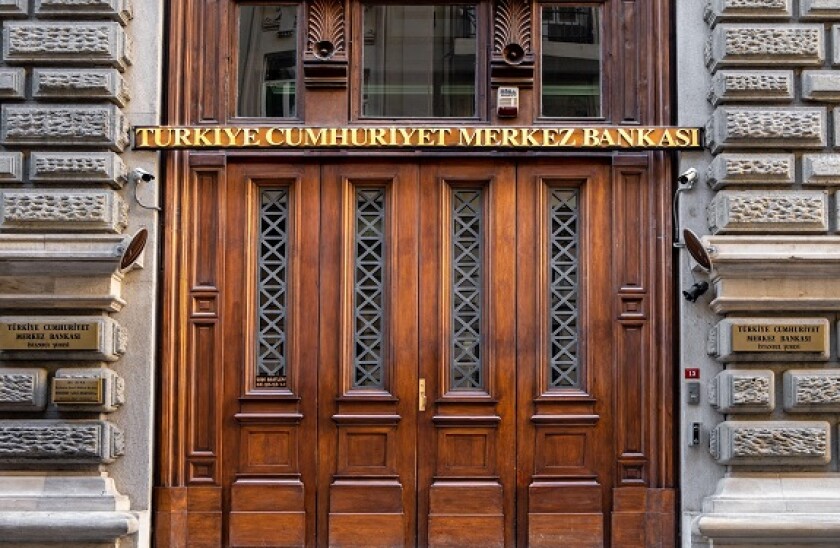Turkey loses investor trust, leaves bleak outlook for market access

Confidence in Turkish assets hit fresh lows this week as investors struggled to digest a fresh wave of volatility after its central bank governor was sacked following an interest rate hike. With government and bank funding needs to be met in the international market, the Central Bank of the Republic of Turkey has a big job on its hands in regaining investor confidence — though some say the damage has already been done.
Unlock this article.
The content you are trying to view is exclusive to our subscribers.
To unlock this article:
- ✔ 4,000 annual insights
- ✔ 700+ notes and long-form analyses
- ✔ 4 capital markets databases
- ✔ Daily newsletters across markets and asset classes
- ✔ 2 weekly podcasts
